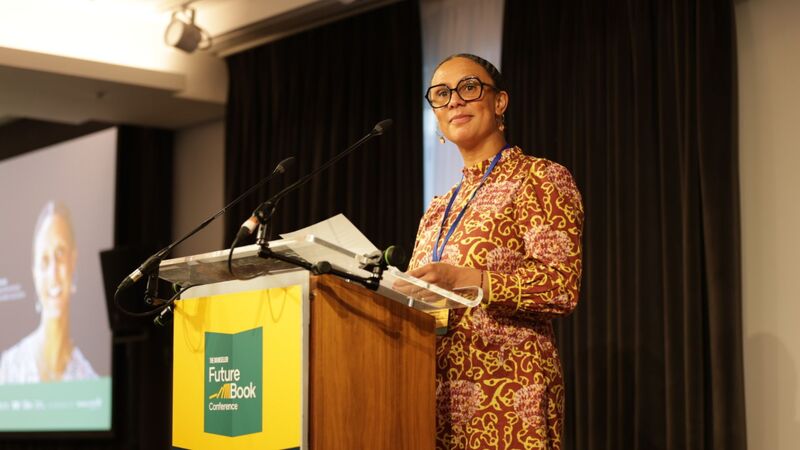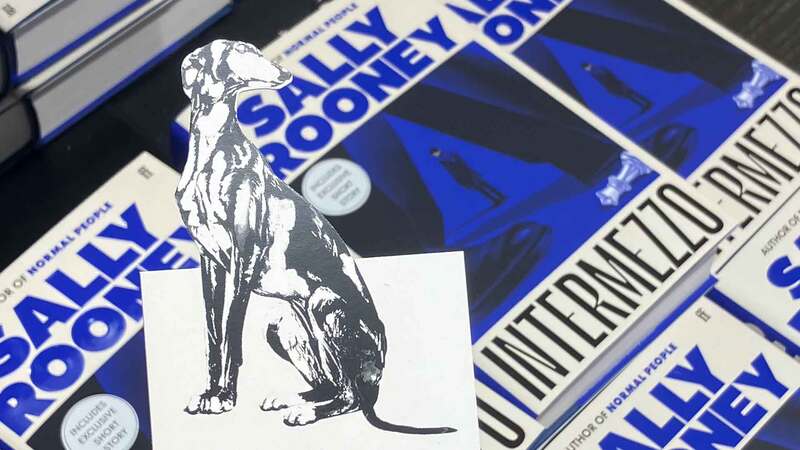You are viewing your 1 free article this month. Login to read more articles.
Retail on the edge
Two weeks ago I wrote that there was something happening around books and retail, and this week we explore what the “thing” is, with an interview with Rohan Silva, the individual behind east London’s new digital-free bookshop Libreria, ahead of its opening next week, and analysis from other bookshop experts, including Foyles’ Sion Hamilton.
My contention is that bookshops are becoming central to how high streets are reinventing themselves in the 21st century, just as coffee shops are driving a renaissance in café culture and micro-breweries a new appreciation for beer. Books are the vital ingredient, of course, but retail is the mixer. Two weeks ago we looked at how attractive books were vying for shelf space along with clothes, crafts and crocks at retailers as diverse as Oliver Bonas and The Conran Shop; but more important to the trade will be how shops built around books can also take advantage of the way people like to shop now.
We should be careful not to overstate this. This journey is long and we are only just seeing the pathway emerge, as the thickets of the recession and the digital transformation are pruned. And some bookshop owners could be forgiven for wondering what all the fuss is about, many have traded imaginatively and profitably throughout this period of recent disturbance, with the Booksellers Association playing a vital role in underpinning the good jobs bookshops do.
But just as the '90s marked the rise of the “big box bookseller”, it seems we are now entering the period of the “designer bookshop”, shops defined not by size, ownership or planogram, but by how it feels to step inside them.
There isn’t a uniform approach to this. Silva says his store is a response (and also a counter) to the digital age and, like Waterstones m.d. James Daunt, he sees little value in blending the virtual with the real, as Foyles has tried to do. The idea, though, is to resist making such choices binary. As The Bookseller’s new design-focused pages, Perfectbound, demonstrate, ideas don’t need to exclude analogue from digital, or vice versa, they just need to make sense. Happily, the mellennials (the generation born around the turn of last century) get both.
It is three years since Foyles and The Bookseller ran their workshops that asked the trade to crowdsource the new Foyles ahead of its relocation on Charing Cross Road. Back then the climate was harsh for high street bookshops, and despite the rise in physical book sales since 2015, it still feels pretty tough today. But three years is a long time in bookbiz, and if in 2013 it looked like we were trying to imagine what bookshops might look like in the future, my sense now is that this future is already here . . . The optimism of yesterday has become the contention of today.



















